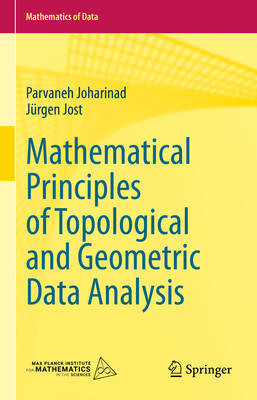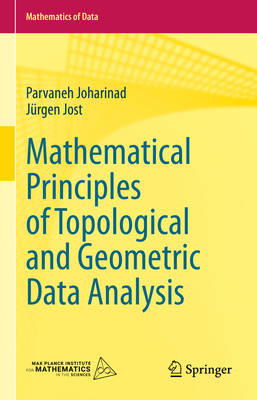
- Retrait gratuit dans votre magasin Club
- 7.000.000 titres dans notre catalogue
- Payer en toute sécurité
- Toujours un magasin près de chez vous
- Retrait gratuit dans votre magasin Club
- 7.000.0000 titres dans notre catalogue
- Payer en toute sécurité
- Toujours un magasin près de chez vous
Description
This book explores and demonstrates how geometric tools can be used in data analysis. Beginning with a systematic exposition of the mathematical prerequisites, covering topics ranging from category theory to algebraic topology, Riemannian geometry, operator theory and network analysis, it goes on to describe and analyze some of the most important machine learning techniques for dimension reduction, including the different types of manifold learning and kernel methods. It also develops a new notion of curvature of generalized metric spaces, based on the notion of hyperconvexity, which can be used for the topological representation of geometric information.
In recent years there has been a fascinating development: concepts and methods originally created in the context of research in pure mathematics, and in particular in geometry, have become powerful tools in machine learning for the analysis of data. The underlying reason for this is that data are typically equipped with somekind of notion of distance, quantifying the differences between data points. Of course, to be successfully applied, the geometric tools usually need to be redefined, generalized, or extended appropriately.
Primarily aimed at mathematicians seeking an overview of the geometric concepts and methods that are useful for data analysis, the book will also be of interest to researchers in machine learning and data analysis who want to see a systematic mathematical foundation of the methods that they use.
Spécifications
Parties prenantes
- Auteur(s) :
- Editeur:
Contenu
- Nombre de pages :
- 281
- Langue:
- Anglais
- Collection :
- Tome:
- n° 2
Caractéristiques
- EAN:
- 9783031334399
- Date de parution :
- 30-07-23
- Format:
- Livre relié
- Format numérique:
- Genaaid
- Dimensions :
- 154 mm x 236 mm
- Poids :
- 635 g

Les avis
Nous publions uniquement les avis qui respectent les conditions requises. Consultez nos conditions pour les avis.






